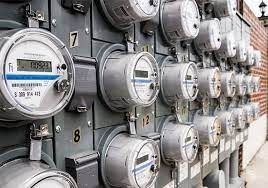The Council of Australian Governments (COAG) Energy Council, comprising state and territory energy ministers, headed by Federal Energy Minister Josh Frydenberg, met today (20 April, 2018) to decide whether the proposed National Energy Guarantee (NEG) proceeds to a final policy design in August or not.
COAG energy ministers have agreed to send the National Energy Guarantee to final design stage. The final design will be voted on at the next COAG Energy Council meeting in August, with the goal of finalising the new policy by the end of the year for implementation over the coming two years.
The outcome is a win for energy minister Josh Frydenberg, who was confident he would achieve a consensus to send the National Energy Guarantee to the next stage.
The NEG is the Turnbull government’s signature policy aimed at combining emissions reduction and energy reliability goals in the same instrument after more than a decade of national dysfunction in the area.
This has led to instability in the grid, rising prices and potential shortfalls in South Australia and Victoria over the summer which had to be averted by an 1150 megawatt summer reserve organised by the Australian Energy Market Operator.
Proposed by the Energy Security Board in October 2017, the National Energy Guarantee looks to encourage new investment in clean and low emissions technologies while allowing the electricity system to continue to operate reliably.
To deliver this transition, the NEG requires retailers to contract with or invest in generators or demand response to meet a minimum level of dispatchable ‘on demand’ electricity where there is an identified gap. Retailers must also keep their emissions below an agreed level.
Australia has set a goal of cutting emissions from the main power grid serving eastern Australia – the National Electricity Market – by 26 per cent from the levels in 2005 by 2030, roughly proportional to the overall target pledged in Paris in late 2015.
But critics of the proposal, argue that the NEG target implies a renewable energy contribution by 2030 that is less than is possible by 2020.
Michael McCormack has called out the exact problem and he has underlined the fact that we need the energy sector to do more than 26 per cent.
But Mr Frydenberg said the government is “taking action on all those fronts and had policies in place or under way to reduce emissions in the land sector, vehicles and industrial sectors.
“I think the electricity sector is doing its bit and will continue to do so and that’s where the National Energy Guarantee will continue to play a very important role,” Mr Frydenberg said
Victoria, Queensland and the ACT insist they won’t compromise on their renewable targets, arguing that their extra work should be used to elevate Australia’s target, and not used as an excuse for others, namely NSW, to do less.
The Queensland government is pursuing a 50 per cent renewable target by 2030, while the ACT is targeting 100 per cent renewables by 2020. Victoria is heading for 25 per cent by 2020 and 40 per cent by 2025.
“People are sick of the hyper-partisanship which has dictated and dominated the energy and climate debate. They want practical, workable market-based solutions.”
Frydenberg said the policy was “backed by business, industry and community groups”.
“Never have we seen such a loud chorus of support for a policy to boost the reliability of the energy system, deliver on our emissions reduction targets and to put downward pressure on power prices,” the federal minister said.
“This is an opportunity which cannot be missed. It is time for all governments – federal, state and territory to put the national interest first and deliver a more affordable and reliable energy system through the national energy guarantee.”
The Head of Policy at the Energy Efficiency Council, Rob Murray-Leach, points out that the National Energy Guarantee is largely just about generation. “This is not necessarily a problem – it is often better to have different policies operating in parallel to solve different problems, rather than have a single policy that tries to address multiple problems poorly. However, the National Energy Guarantee must be complemented by strong action on energy efficiency and demand response, through energy market reforms and the National Energy Productivity Plan.”
Meanwhile, major Australian companies and small businesses are struggling to cope with record electricity price hikes that have forced them to seek alternative power sources, consider cutting thousands of jobs and pass costs on to consumers.
As the Turnbull government secured support for its signature energy policy in Melbourne, some small to medium-sized businesses have questioned how the national energy guarantee will reduce soaring power bills.
Independent supermarket owners have experienced price rises of hundreds of thousands of dollars in the past 12 months, warning that it could push up grocery prices and benefit Coles and Woolworths, which they argue have the ability to absorb the increases and strike better power deals.
Master Grocers Australia chief executive Jos De Bruin, who represents independent supermarkets, said: “I don’t think anyone knows what the NEG means.
“What does it mean? What can the federal government actually do to influence electricity prices?”
The minister has also put pressure on energy retailers to pass on reductions in wholesale prices, arguing that wholesale prices are down 35 per cent across the National Electricity Market over the past month compared with the same period last year.
- What the National Energy Guarantee (NEG) means for the energy industry?
- Labour tax break policy to help businesses slash energy bills





